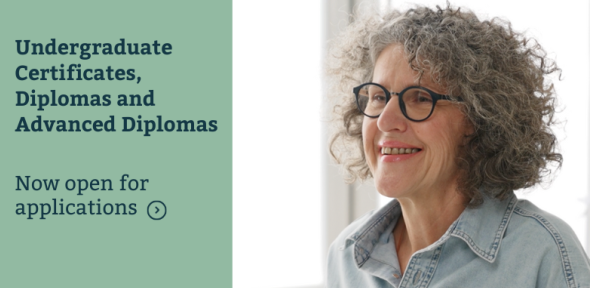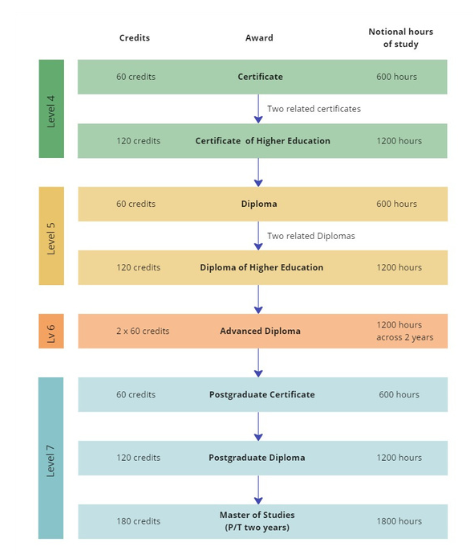Institute of Continuing Education (ICE)

Don’t worry if you’re new to higher education: we’ll meet you where you’re at. You don’t need any previous qualifications or experience to apply for most of our undergraduate courses, except for an English Language requirement if English is not your first language. We’re much more interested in your career and life experience than your A-level results, and we welcome learners from all sorts of backgrounds, all over the world. This really is lifelong learning for people from all walks of life, whether aged 18 or 80!
Your chosen course will be delivered to you and your peers online by expert tutors who will support you at every stage of your learning journey from your first day to the day you hold a University of Cambridge qualification in your hand. You’ll also benefit from the outstanding peer-to-peer learning that is such a big part of our culture here at ICE.
Perhaps you’re looking to boost your career, fill a knowledge gap or simply spend time learning how to distil ideas and articulate arguments about a subject that interests you. Whatever your goal, taking one of our part-time undergraduate courses will help you achieve it.
You can choose from 3 types of part-time undergraduate University of Cambridge qualification, each providing a possible pathway to a degree:
Certificates are introductory courses which are taught at first-year undergraduate level. These “Level 4” courses are ideal if you’re exploring a subject for the first time.
Diplomas are more in-depth courses which are taught at second-year undergraduate level. These “Level 5” courses are often a good choice of follow-on study if you have already completed a Certificate course.
Advanced Diplomas are similar to Diplomas, but include a piece of your own research, similar to a traditional dissertation, that you will submit for evaluation. Advanced Diplomas are taught at “Level 6”, which is equivalent to final-year undergraduate level.
When you complete an online undergraduate qualification you will receive credits, which are accredited under the nationally recognised Credit Accumulation and Transfer Scheme (CATS) that you can put towards a degree, or further study:

Most of our part-time undergraduate courses last one year and begin in October (Michaelmas term).
If you’re not sure which level of study is right for you, please get in touch with our team to discuss your options.
We offer part-time online undergraduate courses in three core subject categories:
● Creative Writing and English Literature
● Arts and Sciences
● Professional Studies
If you would like to enquire about any of our courses listed below, please select the course and go to the "Ask a Question" button, or contact us at questions@ice.cam.ac.uk.
Otherwise click 'Apply now' to start an application.
The main difference between certificate and diploma courses relates to the level of learning involved. A certificate course is taught at a level equivalent to the first year of an undergraduate degree (Level 4), while a diploma is taught at the level of second-year university study (level 5).
The undergraduate advanced diploma course at ICE is very much like a final university year, with research submitted for evaluation (similar to a traditional dissertation). This is the equivalent of level 6, and gives you the chance to work closely and collaboratively with qualified researchers in your chosen field.
Most of our students start with a certificate before undertaking a diploma course, where depth of knowledge in their subject area can be built upon.